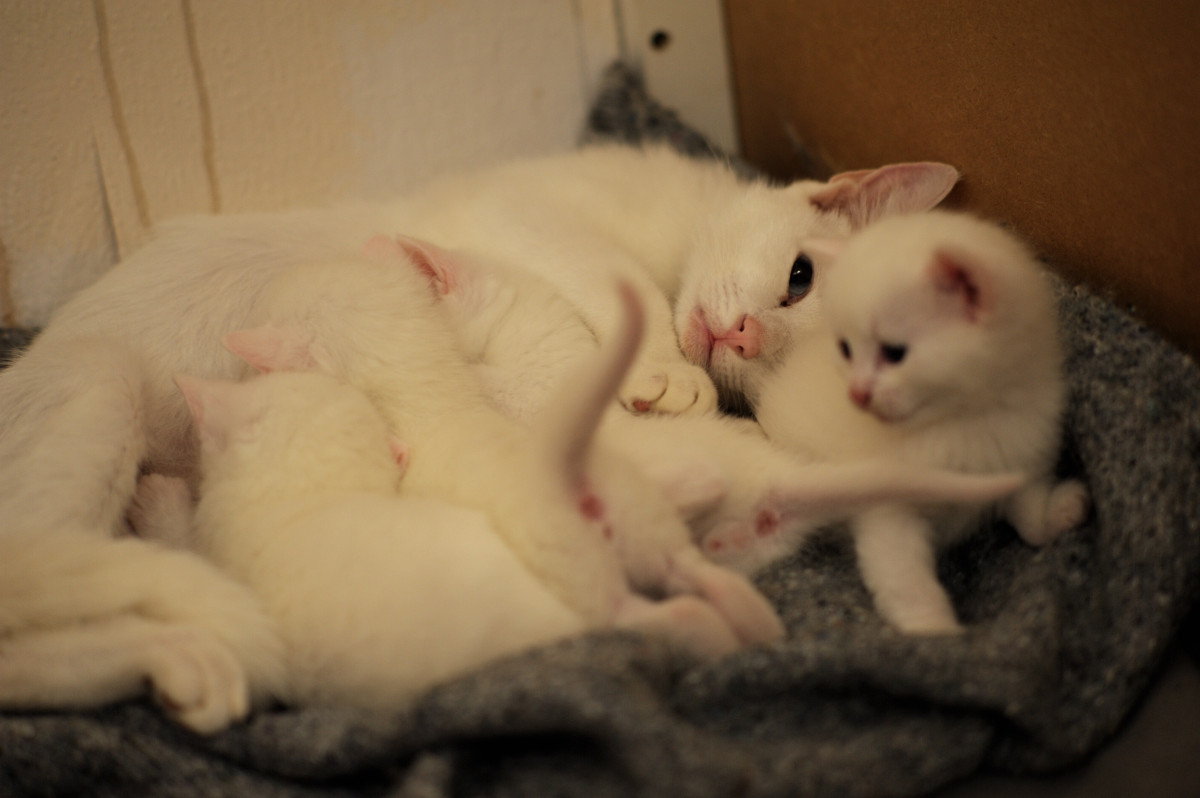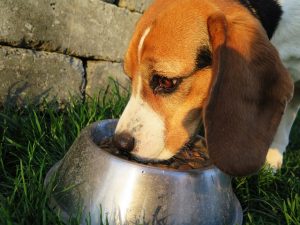
Raising kittens is an experience filled with joy and challenges, one of which is ensuring these tiny felines receive proper nutrition to thrive. From the moment they’re born until they transition to solid food, understanding how to feed kittens is crucial for their development. This comprehensive guide explores the best practices for feeding kittens, ensuring they grow up healthy and strong.
The Early Days: Mother’s Milk
The Best Start: Nursing from the Mother
In the initial weeks of life, kittens rely entirely on their mother’s milk for nutrition. Mother’s milk provides all the necessary antibodies to protect newborn kittens against diseases. For the first four weeks, kittens feed on demand, nursing every 1-2 hours, including throughout the night.
Supplementing Nutrition: When Mother’s Milk Isn’t Enough

Sometimes, a mother cat may be unable to produce enough milk, or a kitten might be orphaned. In such cases, it’s essential to step in with kitten milk replacer (KMR). Never feed kittens cow’s milk, as it can lead to digestive upset; instead, opt for a formula specifically designed for kittens. Bottle feeding should be done at a pace comfortable for the kitten, usually every 2-3 hours for newborns.
Transitioning to Solids: The Weaning Process
Introducing Solid Foods
Around the age of four weeks, kittens begin showing interest in solid food. Start the weaning process by offering a mixture of high-quality kitten food (wet or moistened dry food) and kitten milk replacer. Gradually reduce the amount of milk replacer until they are eating only solid food by 8-10 weeks of age.
Monitoring Food Intake During Weaning
It’s critical to monitor each kitten’s progress during the weaning process. Ensure all kittens are eating the solid food and continuing to gain weight. A healthy kitten typically gains about 100 grams per week.
The Importance of Proper Nutrition
Meeting Nutritional Needs
Kittens grow rapidly, requiring a diet rich in protein, fat, and calories. Look for kitten-specific formulas that support their developmental needs. Vitamins, minerals, and amino acids like taurine are essential for heart health and vision.
Avoiding Common Feeding Mistakes
Overfeeding can lead to obesity and health issues later in life, while underfeeding can hinder a kitten’s growth and development. Follow the feeding guidelines provided on the kitten food packaging or consult with a veterinarian to determine the appropriate feeding schedule and portion sizes.
Beyond Nutrition: Hydration and Health

Ensuring Adequate Hydration
Fresh, clean water should always be available to kittens, especially as they start eating more solid foods. Proper hydration is essential for their overall health and well-being.
Regular Veterinary Check-ups
Regular visits to the veterinarian are crucial during the early stages of a kitten’s life. These check-ups ensure the kittens are developing correctly and allow for the timely administration of necessary vaccinations.
Fostering Growth and Health
Nurturing a kitten’s growth and ensuring their health through proper feeding is a pivotal aspect of their early life stages. It sets the foundation for a robust adulthood, free from nutritional deficiencies and common health issues. By understanding the specific needs of kittens and meeting them with the right balance of nutrients, caregivers can significantly impact their longevity and quality of life. This comprehensive approach to kitten care, emphasizing both the science of nutrition and the art of nurturing, highlights the profound bond between kittens and those who care for them.
In essence, the journey of feeding kittens is more than just a routine—it’s a critical pathway to their thriving. It demands patience, knowledge, and a deep sense of responsibility from the caregiver. As we wrap up our discussion, it’s important to reflect on the remarkable journey of growth that feeding facilitates for these young felines. From their first days through to their transition to solid foods, every meal is a step towards a healthy and happy life.
We hope this exploration into kitten nutrition has been both informative and engaging for you. Your insights and shared experiences enrich the dialogue and offer valuable perspectives to fellow readers. Please feel free to contribute your thoughts and any tips you might have in the comments below. Let’s continue to support each other in ensuring the well-being of our feline companions.





